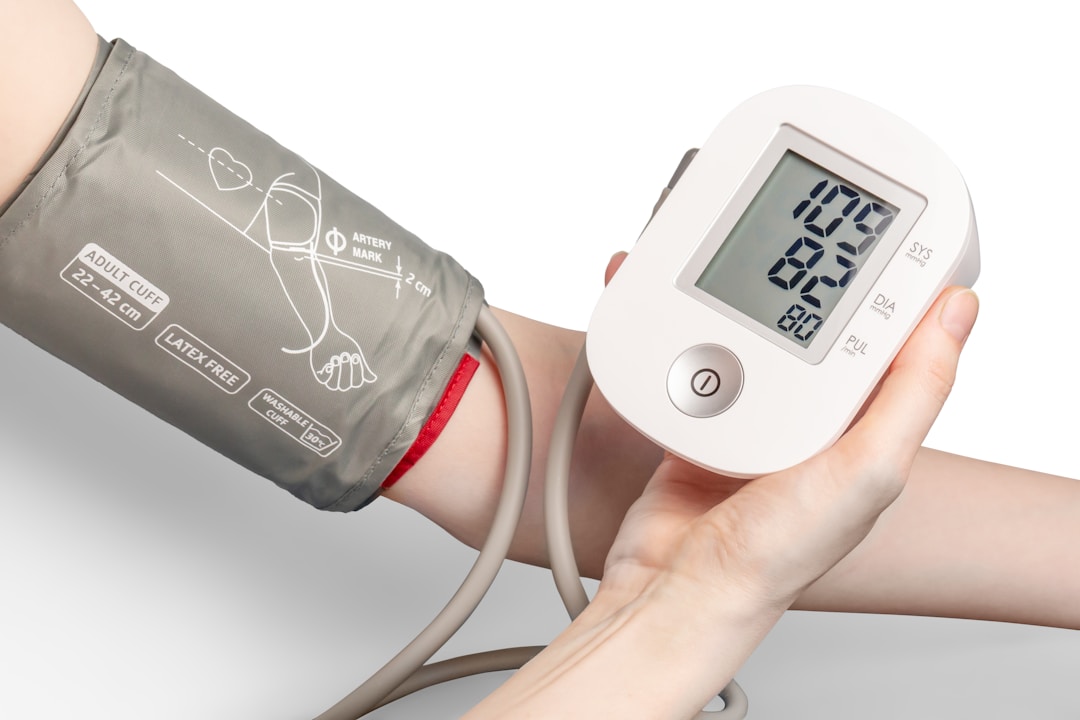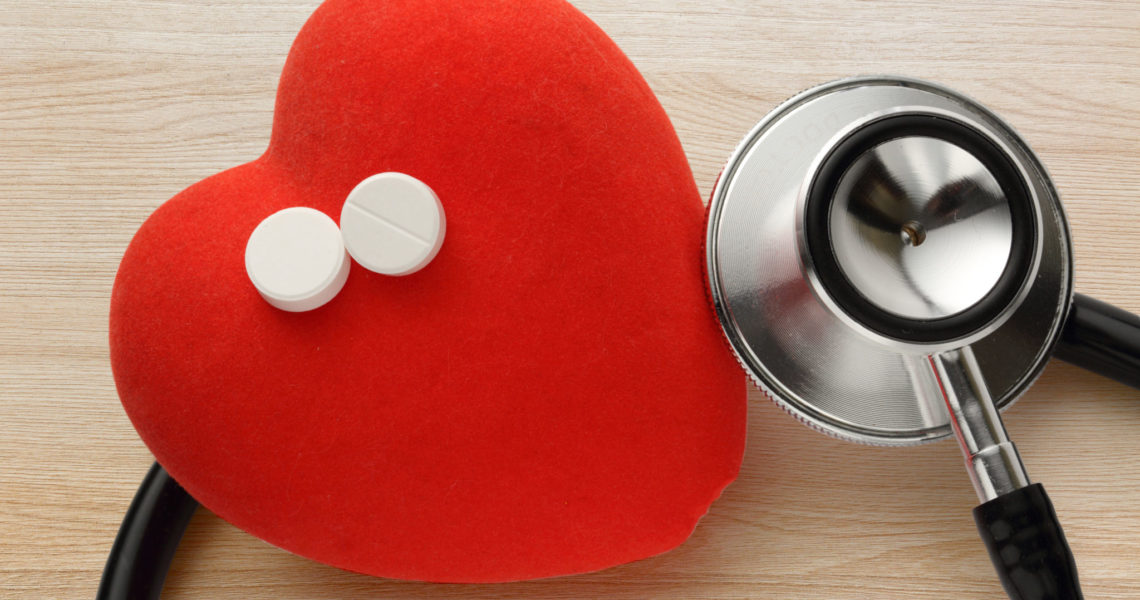Panic attacks can be terrifying, especially if you’re not familiar with their symptoms. Suddenly, you’re dealing with chest pain, lightheadedness, a racing heart, chills, or even a choking feeling or breathing difficulties. With such manifestations, it’s no wonder that panic attacks are all too often mistaken for heart attacks. However, there are crucial differences between these two distressing incidents and a far more intricate relationship between them.
Panic-Inducing Misconceptions

First and foremost, it’s essential to allay common misconceptions surrounding panic attacks and heart health. Most notably, a panic attack is not a heart attack, though the symptoms of each condition may overlap. Just as importantly, though, it’s critical to acknowledge that incidences of a panic attack leading to a heart attack or other cardiovascular crisis are exceptionally rare. While both can be prompted by emotional stress, a person is far more likely to respond with a panic attack than a heart attack to such an event.
If you suspect a cardiovascular issue may be affecting your health, consult an expert like Dr. B at Beverly Hills Internal Medicine, who can help identify any existing ailments and prevent future crises with proper coping skills and preventive measures well in advance. However, it’s likely not worth worrying about your panic attacks or panic disorder causing a cardiovascular crisis—it’s much more likely to make you feel even more panicked unnecessarily.
A Complex Connection

While a panic attack is unlikely to cause a heart attack, there is an intricate relationship between heart health and anxiety or panic. As Harvard Health explains, moderate amounts of stress and anxiety are there for a reason, funneling your body’s nervous impulses into action and progress. In more extreme cases, though, such as an anxiety or panic disorder, your persistent stress can impact your heart health over time.
The converse of this relationship is also true—heart problems can aggravate or worsen panic or anxiety disorders. If you’ve recently suffered a heart attack or been diagnosed with a cardiovascular issue, you may find that existing anxiety is heightened, or you’re suddenly facing panic attacks and related symptoms. Naturally, cardiovascular concerns are a stressful matter, so it makes sense that this impact, however discouraging, occurs. In these cases, you may want to consult both your cardiologist and a mental health professional to alleviate the worst of your symptoms and develop valuable coping skills.
Working Through Your Fears

If you’re worried that panic attacks or another anxiety disorder could negatively impact your heart health, there are ways you can work to cope with panic and its symptoms. For example, many people find that existing speech impediments, like a slur, lisp, or stutter, worsen during or in the time surrounding a panic attack. This can cause your existing stress to worsen, particularly if you have to use these communication skills, like in a social setting. Learning to manage this particular symptom can help decrease your anxiety at the moment and, by extension, minimize the effect that it has on your heart.
The learning process behind these social skills doesn’t need to be cumbersome, either. A mental health professional can offer a variety of therapy games for children and adults alike that provide a great way to work through these concerns in a fun way. Then, when a panic attack does come along, you’ll have one less thing to worry about and another therapeutic tool in your arsenal.
While a panic attack can be scary, especially if it manifests with chest pain, it’s incredibly rare to find a panic attack or even long-term panic disorder that leads to a heart attack. Nevertheless, there is a complicated relationship between these two areas of health. To best understand this connection and how it applies to your unique circumstances, talk to your doctor, therapist, and health care team to uncover the ways panic attacks and cardiovascular concerns apply to you.
